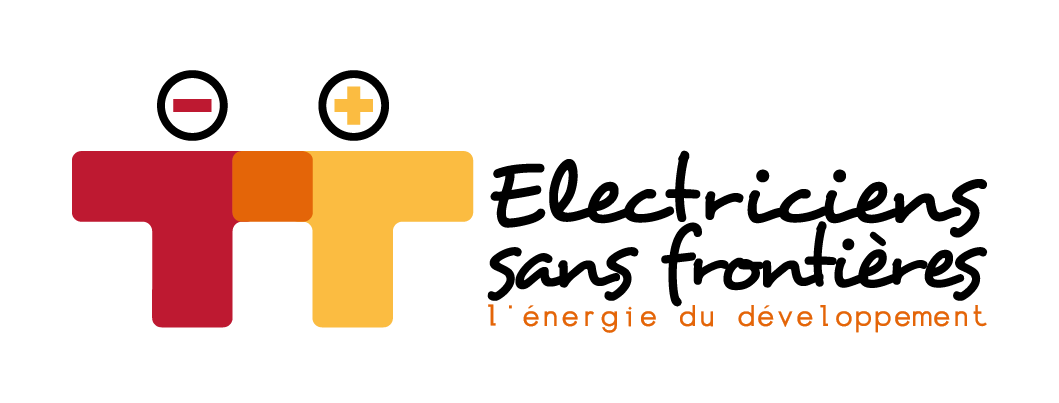In Madagascar, where only 4.8% of the population are able to access electricity in rural areas, 14 million people living in the countryside have no access to modern power supply services. The Café Lumière project targets rural populations in Madagascar overlooked by electrification strategies. It starts from several observations:
- The low standard of living and the isolation of these populations make access to the electricity grid difficult and costly. They have access only to inefficient lighting solutions that are dangerous for their health (kerosene, candles) or, for the richer households, costly individual electrification solutions such as solar kits or generators.
- These solutions do not respond to production needs.
- In addition, there has been a relative failure of public service electrification projects (schools, health centres) for two decades due to the difficulty of mobilizing and financing resources over the long term to ensure the maintenance of the systems.
The first stage was to formalize the need for a new approach to the idea of a multiservice energy platform in isolated rural environments, an existing idea that has had only mixed results. This stage was initiated by Electriciens sans frontières at the end of 2011 from the experience of past projects seeking to combine collective and individual power supply services. The second step consisted of creating a working group bringing together actors in the field, experts from several disciplines and leaders of innovative approaches in the field of energy access in isolated rural areas in developing countries.
The project involves the deployment of multiservice energy platforms, managed by a private operator, with the population and local authorities of several villages without electricity, enabling them to supply both collective infrastructures and market activities from renewable electricity.
The project is based on the analysis of more than 50 electricity access projects carried out by Electriciens sans frontières in ten countries including Madagascar, on the feedback from the French Research and Technological Exchange Group’s (Groupe de Recherche et d’Echange Technologique (GRET)) multifunctional platform programme in Mauritania, and on the analysis of electrification projects carried out in recent years in Madagascar.
A monitoring system will be deployed throughout the project to verify both the achievement of results and the impact of the action on the population. This system will be based on:
- Defining, in the project’s scoping phase of key monitoring indicators in consultation with the French Development Agency (Agence française de développement (AFD)),
- Preliminary qualitative and quantitative surveys to analyse the populations’ living conditions and the market for each service,
- Carrying out two external assessments, one part way through and one at the end of the project, to measure its results and its impact on the populations.
The ambition of this model is to contribute to extending access to sustainable energy for isolated populations and to promote the development of the local economy and the public services. The project will benefit around 21,000 inhabitants in six villages located in rural areas; they will be able to access modern and sustainable energy services and better local public services.
